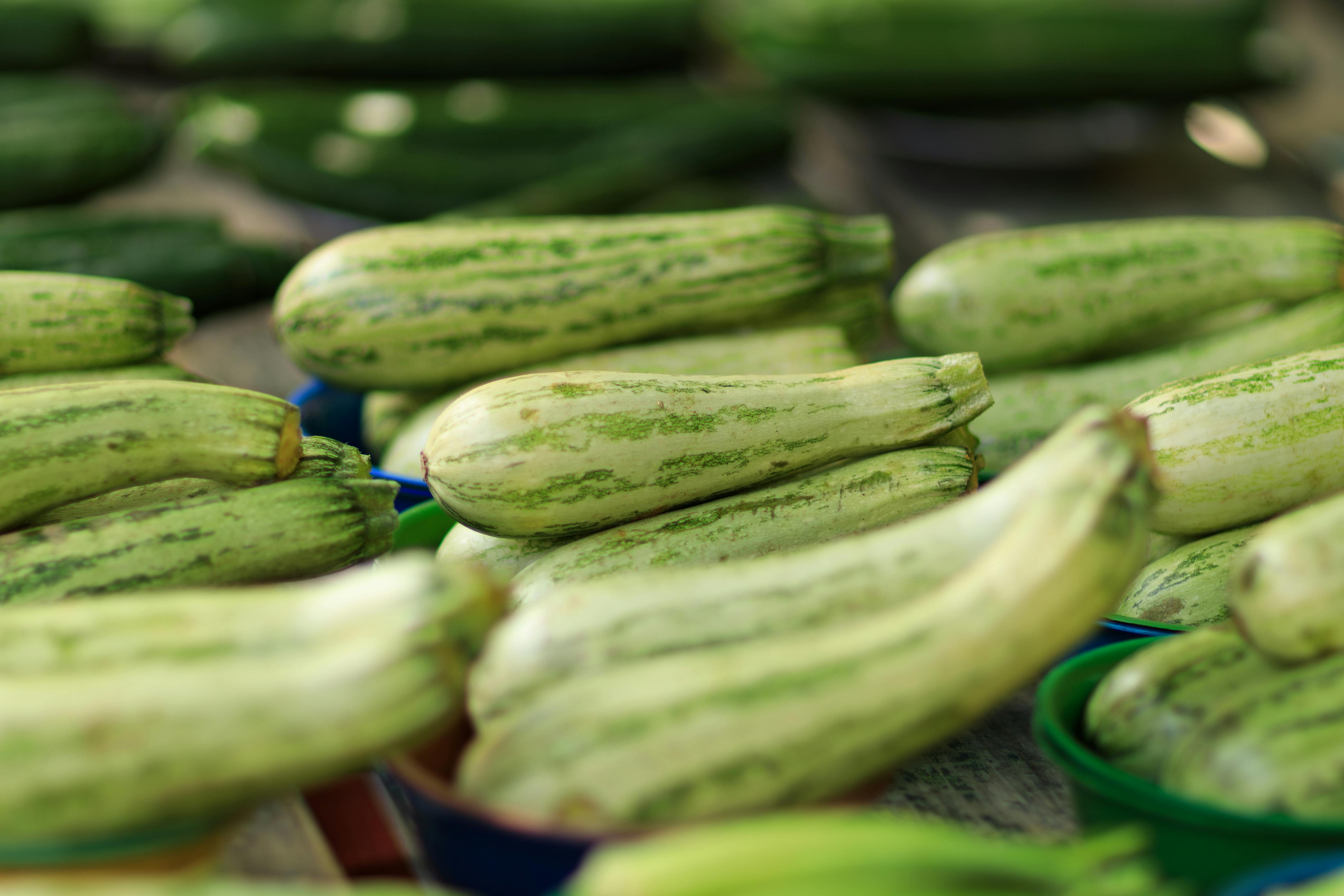Apply Now
Understanding Caffeine in Diet Mountain Dew
Diet Mountain Dew is a popular soft drink amongst soda enthusiasts, especially for those seeking a low-calorie alternative. It is essential to understand several aspects of this beverage, particularly its caffeine content. A standard 12-ounce (355 ml) serving of Diet Mountain Dew contains approximately 54 mg of caffeine. This measure positions it among the higher caffeinated diet sodas available, making it a noticeable option for those who enjoy the stimulating effects of caffeine.
Many consumers opt for Diet Mountain Dew due to its unique flavor profile and the absence of sugar, appealing to health-conscious individuals looking to manage calorie intake without sacrificing taste. In this article, we'll explore the varying aspects of Diet Mountain Dew, including a deeper analysis of its caffeine levels, its health implications, and how it stacks up against its regular counterpart.
The Components of Diet Mountain Dew
It's crucial to examine the ingredients of Diet Mountain Dew to comprehend what contributes to its caffeine content. The core components include carbonation, artificial sweeteners like aspartame and acesulfame potassium, and citric acid for flavor. These ingredients collectively create the refreshing taste that makes Diet Mountain Dew a beloved soda.
Furthermore, understanding the role of caffeine as a stimulant is essential; it helps increase alertness and reduces fatigue. However, moderation is essential, as excessive caffeine intake can lead to adverse health effects.
This examination of ingredients naturally leads us to the topic of caffeine levels in various soft drinks, allowing us to put Diet Mountain Dew in context among competitors in the market.
Caffeine Levels Compared to Other Soft Drinks
When comparing caffeine levels, Diet Mountain Dew stands out against other diet sodas. For instance, a similar serving of Diet Coke contains around 46 mg, while Diet Pepsi contains about 35 mg of caffeine. In contrast, regular Mountain Dew has a significantly higher caffeine content at around 54 mg per 12-ounce serving.
Understanding the caffeine content in beverages is critical for consumers, especially when making dietary choices. It's particularly relevant for those sensitive to caffeine or those who are monitoring their intake due to health considerations.
By examining the caffeine provided in Diet Mountain Dew versus regular versions, we can conclude that consumers may enjoy the same flavor experience while managing calorie intake effectively.
Health Effects of Diet Mountain Dew
The health implications of consuming Diet Mountain Dew, particularly regarding its caffeine content, cannot be overlooked. Caffeine in moderation can boost energy levels and improve mental focus. However, excessive consumption, especially among sensitive individuals, can lead to symptoms such as anxiety, jitteriness, and sleep disturbances.
Furthermore, Diet Mountain Dew contains artificial sweeteners, which have been the subject of various studies concerning their long-term health effects. While current research generally supports their safety, some consumers prefer to limit intake of these ingredients due to potential health concerns.
Considering the pros and cons of Diet Mountain Dew allows individuals to make informed choices about their beverage intake, balancing taste preferences with health impacts.
Benefits of Diet Mountain Dew as an Energy Booster
Many people turn to Diet Mountain Dew for its refreshing taste and its perceived energy-boosting properties. The caffeine content in Diet Mountain Dew serves as a stimulant, making it a popular choice among those looking to enhance focus or combat drowsiness.
The Role of Caffeine as a Stimulant
Caffeine acts as a central nervous system stimulant, leading to increased alertness and energy levels. This effect can support productive activity during busy days or study sessions. With Diet Mountain Dew's caffeine content, many consumers appreciate its quick energy boost without the spike in calories associated with regular sodas.
While caffeine can be beneficial in moderation, it is vital to understand consumers' unique sensitivities. Individuals may react differently to caffeine, influencing their dietary choices, particularly regarding caffeinated beverages.
Incorporating Diet Mountain Dew into an energy plan responsibly can be effective but requires awareness of its potential effects on personal health.
Diet Mountain Dew vs. Regular Mountain Dew
When comparing Diet Mountain Dew and regular Mountain Dew, several differences come into play beyond caffeine content. Regular Mountain Dew contains around 77 mg of caffeine per 12-ounce serving and a higher calorie count, driven largely by the sugar content.
For those monitoring weight or sensitivity to sugar, Diet Mountain Dew emerges as the clear choice. It provides similar flavors with significantly fewer calories, allowing individuals to indulge without excessive calorie intake.
However, the trade-off includes the absence of sugar, which affects taste perception for different consumers. Ultimately, personal preference plays a significant role in determining which product is best suited to individual lifestyles.
Conclusion: Making Informed Choices About Diet Mountain Dew
Understanding Diet Mountain Dew's caffeine content and its associated health effects is crucial for consumers aiming to make informed choices about their beverage consumption. With caffeinated options such as Diet Mountain Dew that offer low-calorie benefits, the beverage presents a compelling argument for those seeking refreshing soda options.
As consumer awareness of caffeine and dietary concerns increases, exploring various soft drink alternatives becomes critical to making healthier choices.

